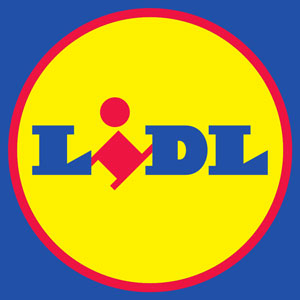Who was Mr Lidl?
The problems of naming a supermarket
As a nation changes, so does its trivia. Traditional supermarkets - your Tescos and Sainsburys and Asdas - have been joined in recent years by those cheeky young upstarts Lidl and Aldi. The latter gets its name from Albrecht (the family who started it) Diskont (meaning, of course, ‘pricing policy that has people flocking out of Tesco when a recession hits'.) But where does the name ‘Lidl' come from?

Supermarket monikers have long been a source of intrigue. There was, for example, a third partner who went into business with Mr Waite and Mr Rose in Acton in 1904: Mr Taylor. But he soon left, and so ‘Waite, Rose and Taylor' became simply ‘Waitrose'. Asda started as Associated Dairies, Londis as London District Stores and Nisa as Northern Independent Supermarkets Association.
There have also been:
- Carrefour: the first one was in France near a crossroads (‘carrefour' in French).
- Spar: they hail from Holland, where originally they were ‘DESPAR'. The acronym stood for a phrase meaning ‘through united co-operation everyone regularly profits', but by a coincidence ‘de spar' means ‘the spruce' - which explains the tree logo you still see outside every store.
- Tesco: founder Jack Cohen took an early consignment of tea from his supplier T.E. Stockwell.
- Ocado: It's a made-up word, inspired by ‘avocado' and meant to evoke thoughts of fresh fruit.
Then there are the simple ones, who simply use their founder's name. There really was a Mr Morrison and a Mr Budgen - while the last words of the original Mr Sainsbury were ‘keep the shops well lit'. But what about Mr Lidl? Did he exist?
Well, yes - but he was only a partner of the man who started the German business in the 1940s, Josef Schwarz. After Josef died in 1977, his son Dieter bought the rights to Ludwig Lidl's name for 1000 Marks. Why did he not use his family's own name? Because ‘Schwarz Markt' would have meant ‘black market'.
 Books
Books Walks
Walks Quizzes
Quizzes Blog
Blog Magic
Magic
